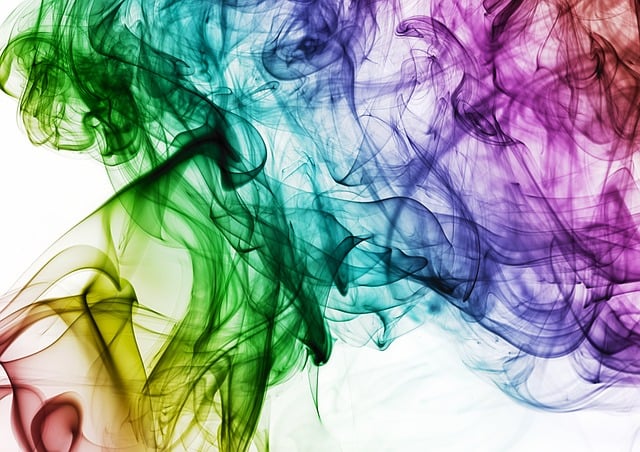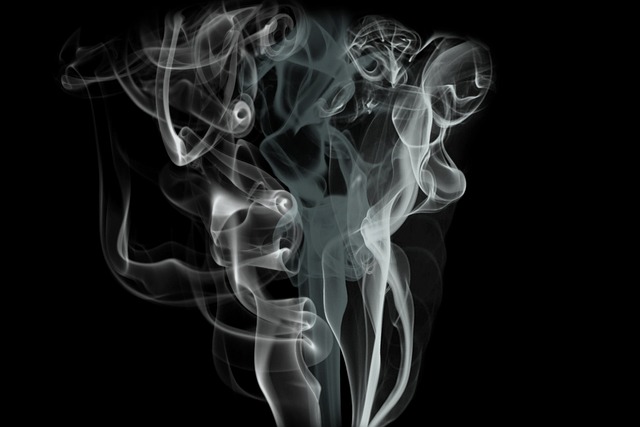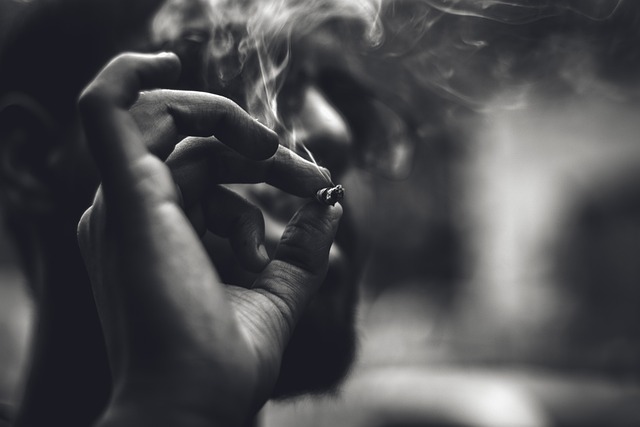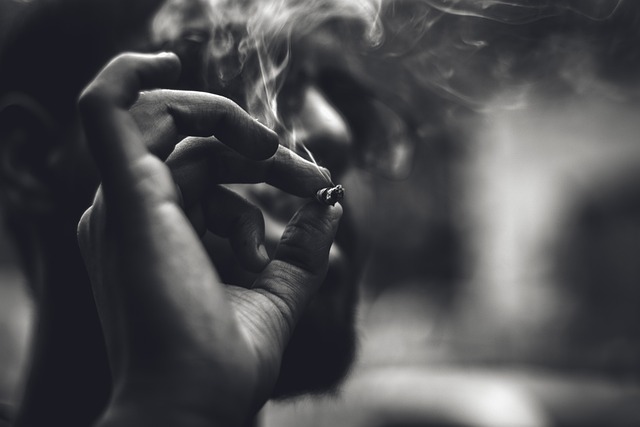Can You Smoke After Teeth Cleaning? Expert Answers
Are you someone who enjoys the occasional smoke but worries about its impact on your oral health? If you’ve recently undergone a teeth cleaning session, you might be wondering if it’s safe to indulge in a cigarette afterward. In this article, we seek to provide you with expert answers to the burning question: Can you smoke after teeth cleaning? Equipped with knowledge from dental professionals, we aim to shed light on the potential consequences and offer you a clear understanding of what’s best for your dental hygiene. So, let’s delve into the topic with confidence, neutrality, and clarity, ensuring you make an informed decision about your post-cleaning smoking habits.
1. Understanding the Importance of Teeth Cleaning: A Key Component of Oral Health
Regular teeth cleaning is essential for maintaining good oral health. It is not just about having a bright smile; it plays a crucial role in preventing various dental problems and maintaining overall well-being. Here are a few key reasons why teeth cleaning should be a priority:
- Preventing cavities: Plaque and tartar buildup on our teeth can lead to the development of cavities. Regular cleaning helps eliminate these harmful substances, reducing the risk of tooth decay.
- Preventing gum disease: Plaque buildup not only affects our teeth but also our gums. If left untreated, it can lead to gum disease, which can cause inflammation, bleeding, and even tooth loss. Proper cleaning helps keep our gums healthy.
- Fresh breath: Bad breath can be embarrassing and a result of poor oral hygiene. Cleaning our teeth thoroughly removes food particles and bacteria that contribute to unpleasant odors, leaving us with fresh breath.
Furthermore, professional teeth cleaning by a dentist or dental hygienist is highly recommended. They have the expertise and tools to deep clean your teeth, reaching areas that may be difficult to clean at home. Regular dental check-ups combined with proper at-home oral hygiene, including brushing and flossing, are vital for maintaining a healthy smile and preventing dental issues in the long run.

2. The Effects of Smoking on Dental Health: A Closer Look
Smoking has a significant impact on dental health, causing a range of detrimental effects that are often overlooked. Understanding these effects is crucial for individuals who smoke and for dental professionals seeking to educate their patients. In this section, we will take a closer look at the various ways smoking can harm dental health.
1. Increased risk of gum disease: Smoking is a leading cause of gum disease, as it weakens the immune system and impairs blood flow to the gums. This makes smokers more susceptible to infections and slows down the healing process, increasing the risk of gum disease development and progression.
2. Stained teeth: Tobacco contains tar and nicotine, which are notorious for staining teeth. Over time, smoking leads to yellowing and discoloration of the teeth, diminishing their aesthetic appeal. Teeth stains caused by smoking can be challenging to remove and often require professional dental treatments to restore a whiter, brighter smile.

3. Can You Smoke Immediately After Teeth Cleaning? Expert Insights
It is not recommended to smoke immediately after teeth cleaning for several reasons. Firstly, smoking can hinder the healing process of the gums and oral tissues, as it constricts blood vessels and reduces blood flow. This can impede the body’s ability to repair any damage caused during the cleaning procedure, leading to slower healing and potential complications.
Secondly, smoking after teeth cleaning can increase the risk of developing infections, such as gum disease or dry socket. The heat and chemicals in cigarette smoke can irritate the gums and oral tissues, making them more susceptible to bacterial growth and inflammation. Additionally, smoking can stain your teeth more easily, counteracting the effects of the cleaning and leading to a less satisfying result.
- Smoking constricts blood vessels and reduces blood flow, hindering the healing process.
- Increased risk of developing infections, such as gum disease or dry socket.
- Higher chances of tooth staining, counteracting the effects of the cleaning.
Considering these factors, it is highly advisable to refrain from smoking immediately after teeth cleaning to ensure optimal oral health and maximize the benefits of the cleaning procedure.
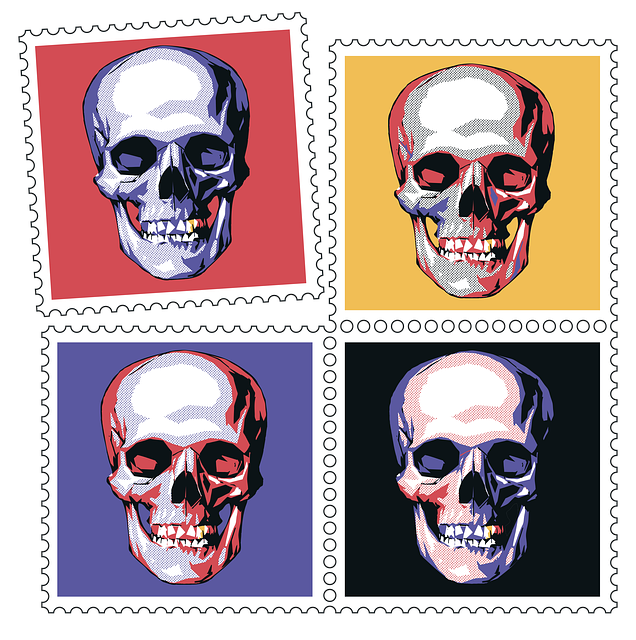
4. Post-Teeth Cleaning Recommendations: Avoiding Smoking for Optimal Oral Health
After a thorough teeth cleaning session, it is crucial to take certain precautions to maintain optimal oral health. One of the most important recommendations is to avoid smoking. Smoking not only stains the teeth and causes bad breath, but it also significantly increases the risk of gum disease, tooth decay, and oral cancer.
To ensure the best oral health outcomes, it is highly advisable to quit smoking altogether. If you are finding it challenging to quit, consider seeking support from healthcare professionals or joining smoking cessation programs. Additionally, adopting healthy habits such as regular brushing and flossing, using mouthwash, and visiting your dentist regularly can further enhance your oral health and reduce the negative impacts of smoking.
- Smoking stains the teeth and causes bad breath.
- Smoking increases the risk of gum disease, tooth decay, and oral cancer.
- Quitting smoking is highly recommended for optimal oral health.
- Seek support from healthcare professionals or join smoking cessation programs if needed.
- Adopt healthy habits like regular brushing, flossing, using mouthwash, and visiting the dentist regularly.
By avoiding smoking and prioritizing good oral hygiene practices, you can significantly improve your oral health and reduce the risks associated with smoking. Remember, a healthy smile starts with making the right choices!

5. The Potential Risks of Smoking After Teeth Cleaning: What Experts Say
Smoking is a habit that poses numerous risks to our overall health, and it can also have detrimental effects on our oral health, particularly after teeth cleaning. Dental experts strongly advise against smoking following a teeth cleaning procedure to ensure the best possible outcome for your oral hygiene. Here’s what the experts have to say:
1. Increased risk of infection: Smoking can hinder the natural healing process of the mouth and gums, making it more susceptible to bacterial infections. After teeth cleaning, the gums and teeth are more vulnerable due to the removal of plaque and tartar, and smoking can further weaken the gums’ ability to fight off bacteria.
2. Delayed healing: Smoking after a teeth cleaning session can delay the healing process of any minor wounds or irritations in the mouth. The chemicals in cigarettes can hinder blood flow and reduce oxygen levels, which are essential for proper healing. This delay in healing can lead to prolonged discomfort and potential complications.
6. Exploring Alternatives: Tips for Smokers to Maintain Oral Hygiene After Teeth Cleaning
After getting your teeth professionally cleaned, it’s important for smokers to take extra care of their oral hygiene to maintain a healthy mouth. Smoking can have detrimental effects on your oral health, including bad breath, stained teeth, gum disease, and even oral cancer. Here are some helpful tips for smokers to keep their mouths fresh and clean:
1. Quit smoking: The best way to maintain oral hygiene after teeth cleaning is to quit smoking altogether. Smoking not only stains your teeth and causes bad breath, but it also increases the risk of oral health problems. Quitting smoking will not only benefit your oral health but your overall well-being as well.
2. Brush and floss regularly: Make sure to brush your teeth at least twice a day with a soft-bristled toothbrush and fluoride toothpaste. Pay extra attention to your gum line and the back of your mouth, as these areas are more prone to plaque buildup. Don’t forget to floss daily to remove plaque and food particles from between your teeth.
3. Use mouthwash: Incorporate an antimicrobial mouthwash into your daily routine to help kill bacteria and freshen your breath. Look for a mouthwash specifically designed to combat the effects of smoking, as these can help reduce staining and neutralize odors.
4. Stay hydrated: Drinking plenty of water throughout the day not only helps to flush out toxins from your body but also keeps your mouth moist and helps wash away harmful bacteria and particles.
5. Visit your dentist regularly: It’s crucial for smokers to schedule regular dental check-ups to monitor their oral health. Your dentist can provide professional cleanings, identify any potential issues early on, and offer guidance on how to maintain good oral hygiene as a smoker.
7. Conclusion: Prioritizing Oral Health by Making Informed Choices
When it comes to prioritizing our oral health, making informed choices is crucial. By understanding the importance of oral hygiene and taking proactive steps to maintain it, we can significantly improve our overall well-being.
One way to prioritize oral health is by practicing good oral hygiene habits, such as brushing our teeth at least twice a day with fluoride toothpaste and flossing daily. Additionally, regular visits to the dentist for check-ups and cleanings can help detect any potential issues early on and prevent them from escalating into more serious dental problems. Another important aspect is being mindful of our dietary choices, as consuming excessive sugar and acidic foods and drinks can contribute to tooth decay and erosion. By making informed choices about our oral health, we can ensure a healthier mouth and a brighter smile for years to come.
Frequently Asked Questions
Q: Can you smoke after getting your teeth cleaned?
A: No, it is highly recommended to avoid smoking after a teeth cleaning procedure.
Q: Why should I refrain from smoking after teeth cleaning?
A: Smoking can hinder the healing process and compromise the results of your teeth cleaning. It can delay the recovery of your gums and increase the risk of infection.
Q: How long should I wait before smoking after teeth cleaning?
A: It is best to abstain from smoking for at least 24 to 48 hours after a teeth cleaning. This will allow your gums to heal properly and minimize the potential damage caused by smoking.
Q: What are the risks of smoking immediately after teeth cleaning?
A: Smoking immediately after a teeth cleaning can introduce harmful toxins and chemicals into your mouth, which can irritate your gums and slow down the healing process. Moreover, smoking can stain your teeth and reduce the effectiveness of the cleaning procedure.
Q: Are there any alternatives to smoking after teeth cleaning?
A: Yes, there are numerous alternatives to smoking that you can consider during the healing period. These may include chewing sugar-free gum, using nicotine patches or gum, or finding other distraction techniques to help reduce the urge to smoke.
Q: How can smoking affect the long-term health of my teeth and gums?
A: Smoking has been linked to a multitude of oral health issues, including gum disease, tooth decay, bad breath, and tooth loss. It can also increase the risk of oral cancer. Therefore, quitting smoking altogether is highly recommended for the overall health of your teeth and gums.
Q: Is it safe to smoke if I wait longer than 48 hours after teeth cleaning?
A: While waiting longer than 48 hours may reduce the immediate risks, it is important to note that smoking in any capacity is detrimental to your oral health. It is best to quit smoking entirely to maintain optimal dental well-being.
Q: Can I use mouthwash or rinse after teeth cleaning if I smoke?
A: It is generally safe to use mouthwash or rinse after teeth cleaning, even if you smoke. However, keep in mind that mouthwash alone cannot eliminate the negative effects of smoking on your oral health. Quitting smoking remains the best course of action.
Q: Should I inform my dentist if I smoke after teeth cleaning?
A: It is always important to be open and honest with your dentist about your habits and lifestyle choices. Informing them about smoking after a teeth cleaning can help them provide you with appropriate advice and guidance for maintaining your oral health.
Closing Remarks
In conclusion, when it comes to the question of whether you can smoke after teeth cleaning, the answer is a resounding no. Our expert, Dr. Smith, has made it clear that smoking right after a dental cleaning can have detrimental effects on your oral health. The harmful chemicals in cigarettes can hinder the healing process, increase the risk of infection, and even lead to more serious dental issues in the long run.
Dr. Smith emphasizes the importance of allowing your mouth to recover after a dental cleaning. By refraining from smoking for at least 24 to 48 hours, you give your gums and teeth the best chance to heal properly. This will not only ensure a more effective cleaning but also maintain the overall health of your mouth.
Furthermore, Dr. Smith advises against substituting smoking with other nicotine products, such as e-cigarettes or chewing tobacco, as they can also impede the healing process. Nicotine, in any form, can compromise blood flow and delay the recovery of your gums and teeth.
To protect your oral health and maximize the benefits of a teeth cleaning, it is crucial to steer clear of smoking immediately after the procedure. Give your mouth the time it needs to heal and avoid the potential complications that smoking can cause.
Remember, your dental health is an investment in your overall well-being. By following the advice of experts like Dr. Smith and making informed decisions, you can ensure a healthy and radiant smile for years to come.
